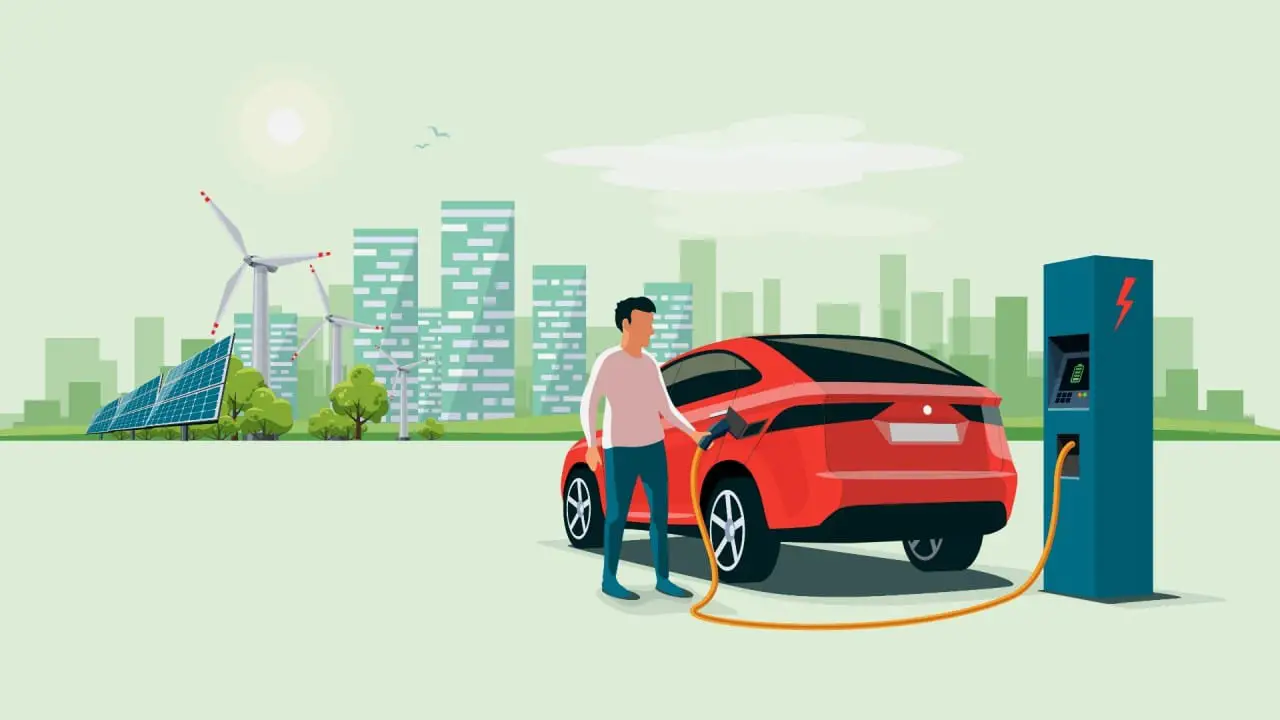
In the face of global challenges like climate change and air pollution, communities around the world are seeking sustainable solutions that enhance resilience and preserve the environment.
Electric vehicles (EVs) have emerged as a promising tool in this quest, offering tangible benefits that extend beyond individual drivers to strengthen community resilience and promote sustainability.
We will explore the multifaceted ways in which EVs are empowering communities and driving positive change.
Reducing Environmental Impact:
One of the most significant contributions of EVs to community resilience and sustainability is their potential to reduce environmental impact.
By eliminating tailpipe emissions, EVs help combat air pollution, improving air quality and public health in communities where pollution levels are a concern.
Additionally, as electricity generation shifts towards renewable sources, EVs become even cleaner over their lifecycle, further reducing greenhouse gas emissions and mitigating climate change.
Enhancing Energy Resilience:
The adoption of EVs also plays a crucial role in enhancing energy resilience within communities.
Through vehicle-to-grid (V2G) technology, EVs can serve as distributed energy storage units, helping to balance electricity demand and supply on the grid.
During emergencies or power outages, EVs equipped with V2G capabilities can provide backup power to homes, businesses, and critical infrastructure, bolstering community resilience and reducing reliance on centralized energy sources.
Promoting Economic Growth:
The widespread adoption of EVs stimulates economic growth and creates new opportunities within communities.
The burgeoning EV industry generates jobs in manufacturing, research and development, infrastructure deployment, and related sectors, driving economic prosperity and fostering innovation.
Furthermore, reduced spending on imported fossil fuels and healthcare costs associated with air pollution frees up resources that can be reinvested in local economies, supporting community development initiatives and infrastructure projects.
Expanding Access to Mobility:
EVs offer inclusive and accessible transportation solutions that benefit all members of the community, including those with limited mobility options.
Electric buses and shared mobility services powered by EVs provide affordable, convenient, and environmentally friendly transportation alternatives, improving connectivity and accessibility for residents, especially in underserved areas.
Moreover, initiatives that promote electric car-sharing programs or incentivize EV ownership for low-income households contribute to equitable access to sustainable mobility solutions.
Fostering Collaborative Partnerships:
The transition to electric mobility requires collaborative partnerships between government agencies, private sector stakeholders, community organizations, and residents.
By working together to develop supportive policies, invest in charging infrastructure, and raise awareness about the benefits of EVs, communities can accelerate the adoption of sustainable transportation solutions and maximize their positive impact.
Community-led initiatives, such as neighborhood EV charging cooperatives or educational outreach programs, empower residents to actively participate in the transition to electric mobility and shape the future of their communities.
In conclusion, electric vehicles are not just a means of transportation; they are catalysts for positive change, driving community resilience and sustainability.
By embracing EVs and fostering collaborative partnerships, communities can reduce their environmental footprint, enhance energy resilience, stimulate economic growth, expand access to mobility, and build a more inclusive and sustainable future for all.
Together, we can harness the transformative power of electric vehicles to create thriving, resilient communities that thrive in harmony with the planet.




